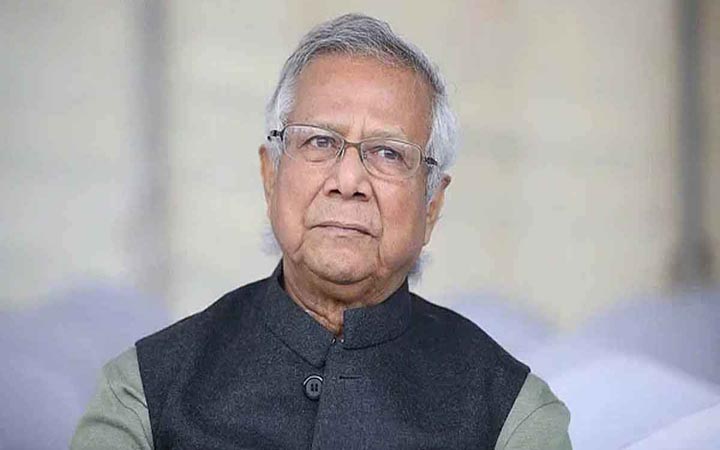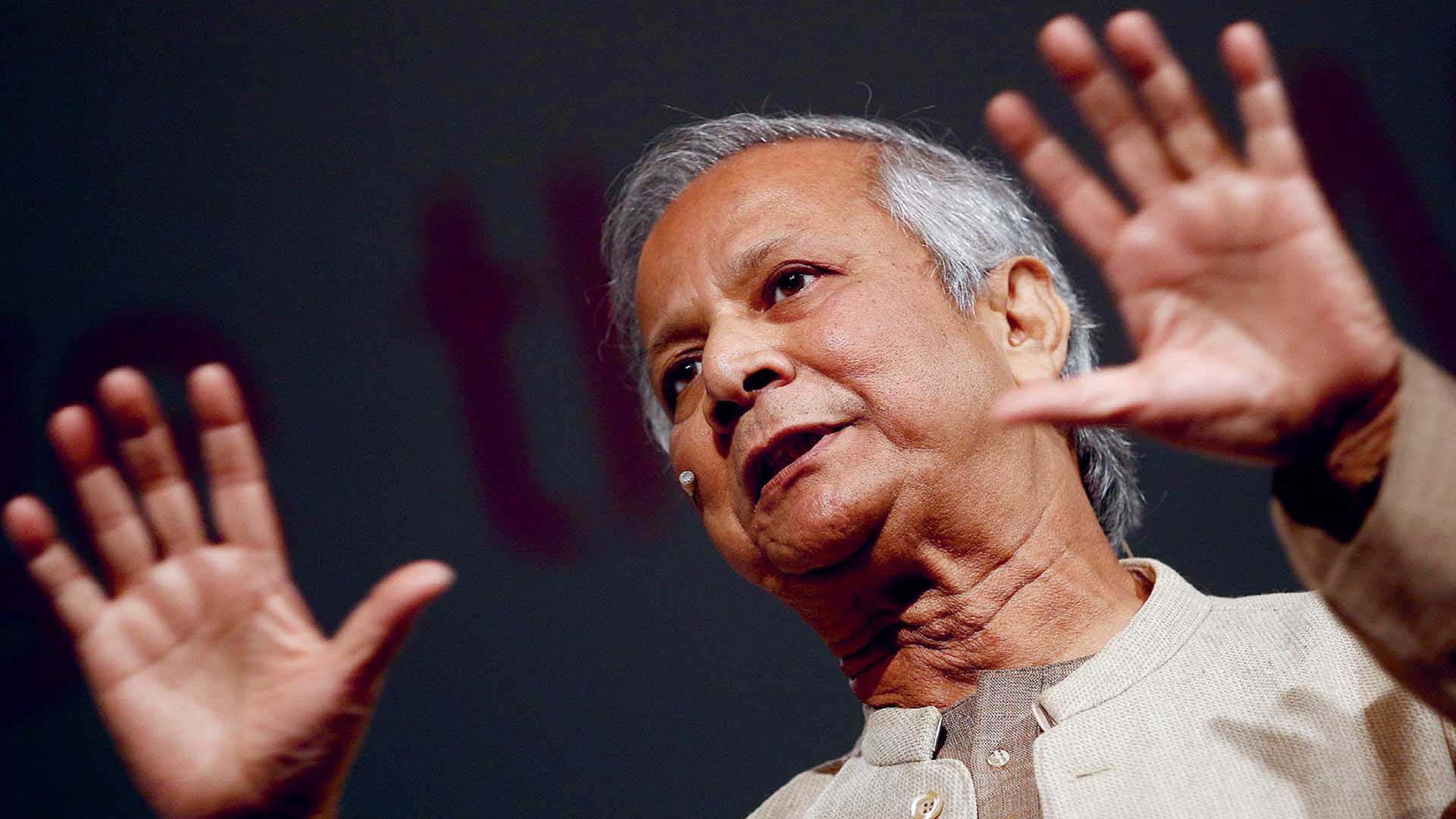Nepal Electricity Authority (NEA) has been given permission to trade electricity with India and Bangladesh, reports The Himalayan Times.
Nepal government gave the consent at a cabinet meeting on Monday.
It is mandatory for the NEA to get the approval of the government for inter-country electricity trade.
Minister of Energy, Water Resources and Irrigation Barshaman Pun said the Cabinet meeting on Monday had given the approval to sell electricity to India and Bangladesh when the domestic production was high and to import electricity from the neighbouring countries when the production was low. With the government’s approval, NEA will now be able to buy and sell electricity at competitive price.
“Like trade in goods, electricity trade has also been approved in real time,” said Pun.
He said NEA was given permission for inter-country trade so that it could keep record of electricity trade and price. NEA has also been given approval for electricity trade so that documents can be exchanged through electronic medium.
NEA has been preparing for shortterm sale of electricity in India’s energy exchange market for a long time. In the energy exchange market of India, similar to shares, electricity can be bought and sold in real time.
NEA has designated Indian NTPC Vidyut Vyapar Nigam Ltd as its nodal agency to represent it in the market.
With the approval of the government, NEA will be able to trade electricity in India and Bangladesh in real time. This will make it easier for NEA to sell electricity to India or Bangladesh immediately when there is surplus electricity at night or in the afternoon.
As per the agreement with the government, NEA is exchanging electricity with the bordering Indian states when needed. NEA can now trade electricity in any state of India, said Kulman Ghising, managing director of NEA.
According to Energy Secretary Dinesh Ghimire, the government’s nod has come at a time when Nepal’s power generation is increasing.
Cabinet approval means NEA will be able to trade electricity with the two countries by fixing the price on the basis of competition.















